Cats are one of your feline friends that have unique personalities and a love for variety but as sensitive creatures , not everything is suitable for their delicate bodies. Cats love to eat different types of meat beef jerky is one of them but the first question that comes to our mind is that is beef jerky is good for our cat’s health or not. Can you give the beef jerky to your feline friend without any fear? In this article we are going to discuss beef jerky what it is whether you give it to your cat or not, and which ingredients are present in beef jerky which may prove harmful for your cat. So here in this article, we are going to discuss different facts about feeding beef jerky to your cat.
Beef Jerky for Cats: A Delectable Treat or a Health Hazard?
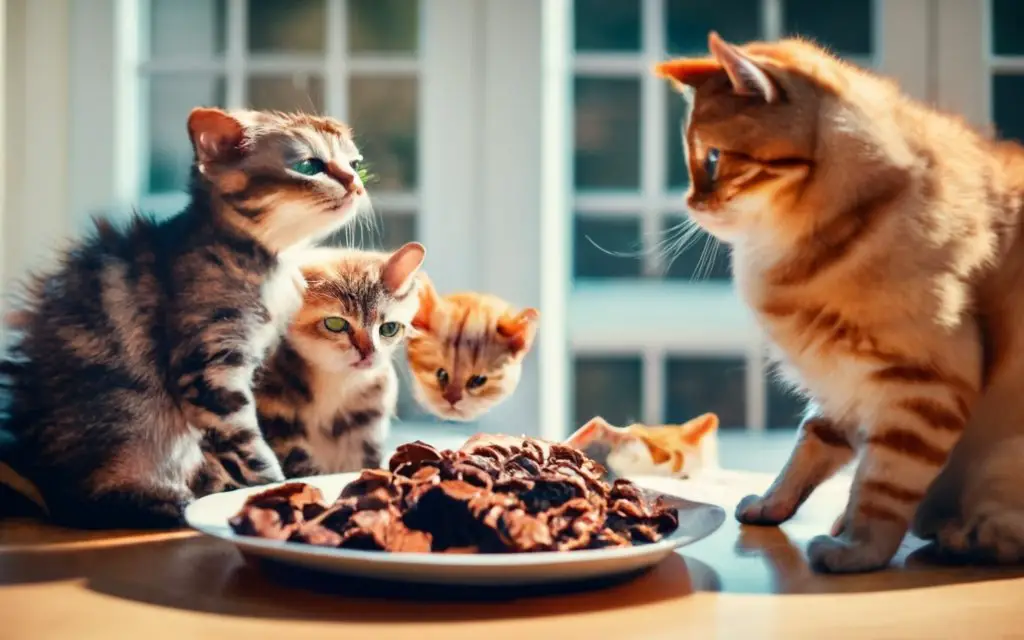
Beef jerky is one of the most famous food snacks among humans. Some people give beef jerky as a treat to their cat. Beef jerky is the form of dried meat that is preserved by using different ingredients. The meat is cut into strips seasoned with salt solutions and chemicals and then dried. The process of drying the meat removes the moisture and helps to increase the shelf life of the dried meat in short it ensures that meat doesn’t spoil and lasts for days, weeks, and even months. Now additional things added by many companies like soya sauce, pepper, jalapeños, and garlic, high sodium content in beef jerky may destroy the health of your cat. Today we give beef jerky to our feline friend as a treat let us find out whether is it safe for our cat to give beef jerky as a treat or not in our day-to-day life to ensure the health of your cat by giving proper diet.
Is Beef jerky is safe for cats?

As you know cats are carnivores so they need animal protein as an essential part of their diet we probably think that beef jerky is one of them that we may include in the diet of their cat in the form of treats. According to my research beef jerky is not good for the health of your cat. Beef jerky contains different preservatives and is rich in sodium content that may damage your cat’s health. If you give beef jerky to your cat in a very small quantity your cat might look fine but it affects the health slowly. Beef jerky may damage the digestive system of your cat it may affect the kidney which may lead to permanent kidney failure. It often leads to severe dehydration, fluid build-up, and choking in cats.
Protecting Your Kitten’s Health: Avoiding Beef Jerky Treats:-
If you have a kitten that likes to eat soft beef jerky food stop here and don’t feed your cat with beef jerky as kittens are more sensitive than senior cats they are at higher risk of developing health problems so it is better to avoid the beef jerky as a food for your cat to ensure the health of your feline friend.
Harmful Ingredients in Beef Jerky:-
Some ingredients present in breed jerky may prove harmful to your cat’s health some of them are given below:-
1. Preservatives and addition seasoning:-
Beef jerky uses different preservatives and seasonings to preserve meat for days, weeks, or even months at room temperature. The preservatives include garlic, onion powder, pepper, cinnamon, and sodium nitrate which are toxic to your cat’s health. Sodium nitrate is carcinogenic for cats while cinnamon causes gastrointestinal disorder. All these ingredients adversely affect the health of cats and should be avoided.
2. High Sodiam Content:-
Beef jerky is usually dipped In salt solution and then dried. Salt is used to increase shelf life and enhance the flavor. Some beef jerky may use soya sauce which is high in sodium content. Salts are important in a cat’s diet for proper neural and muscular function. It also regulates the body fluid. But consuming too much sodium may lead to salt
poisoning also known as hypernatremia. Which may affect the kidney and Brain of the cat in some conditions it may lead to the death of the cat.
3. Silica Gel Packets:-
Some beef jerky contains silica gel packets that are toxic to your cat’s health. It may prove safe for humans but it has a deadly effect on cat health silica gel is used in drying the beef jerky and keeping the food fresh. To ensure the health of your cat you should ensure that the beef jerky you use should not contain silica gel packets.
4. Added Sugars:-
Beef jerky also contains sugar that may lead to obesity among cats. Beef jerky containing sugar can lead to diabetes among cats.
5. Beef Allergies:-
Some cats may get beef allergies. Beef allergies are more common among the cat. It may lead to skin irritation, readiness, itching, and swelling in cats. It may lead to discomfort and gastrointestinal disorders among cats.
Nutritional benefits of beef jerky:-
Most of the cat owner prefer to give beef jerky to their cat because of its high nutritional value. Beef jerky contains high protein content and low fat. That fulfills the protein requirement of the cat. Beef jerky contains some ingredients that help to reduce the weight of the cat to keep them fit
The beef jerky helps to strengthen the teeth of the cat and prevent dermatological disease.
Healthy Alternatives to Beef Jerky:-

If you’re seeking safe and healthy treat options for your cat, consider these alternatives:
Dried Fish: Dried fish is a rich source of omega-3 and omega-6 fatty acids, essential for your cat’s health. It’s also a good source of protein and is generally lower in sodium than beef jerky.
Homemade Cat Treats: You can easily create your own cat treats using simple ingredients like chicken, tuna, or salmon. This gives you complete control over the ingredients and ensures your cat gets a healthy and nutritious treat.
Commercial Cat Treats: Choose commercial cat treats that are specifically formulated for cats. Look for treats that are low in sodium, sugar, and preservatives.
Conclusion:-
While beef jerky may appear as an enticing treat for your cat, it’s essential to prioritize their health over momentary satisfaction. Opt for healthier alternatives like dried fish, homemade cat treats, or commercially prepared cat treats specifically designed for feline nutrition. Remember, a balanced and nutritious diet is crucial for your cat’s overall well-being.

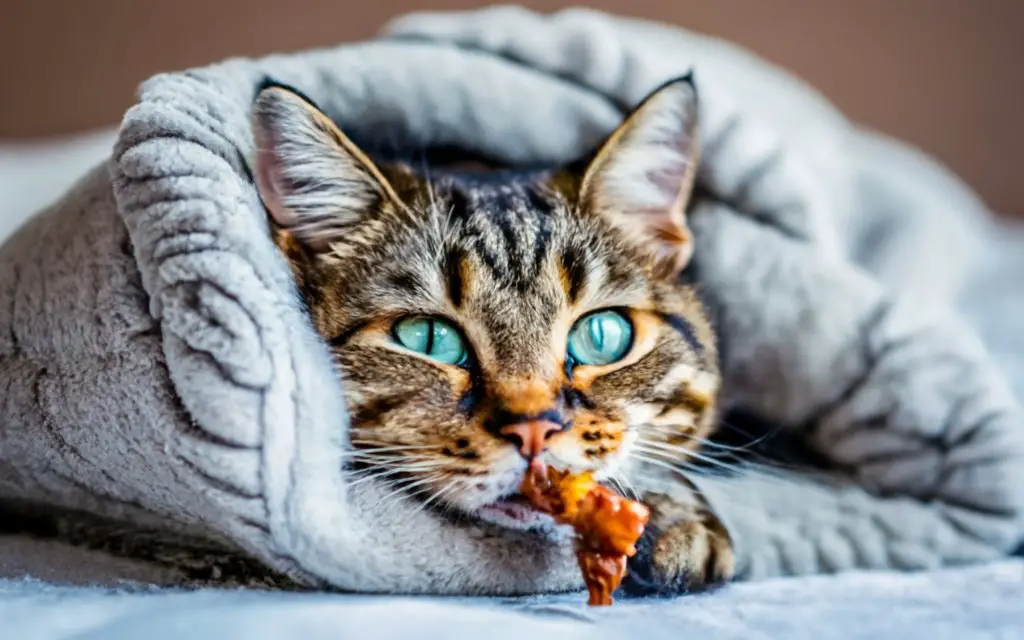
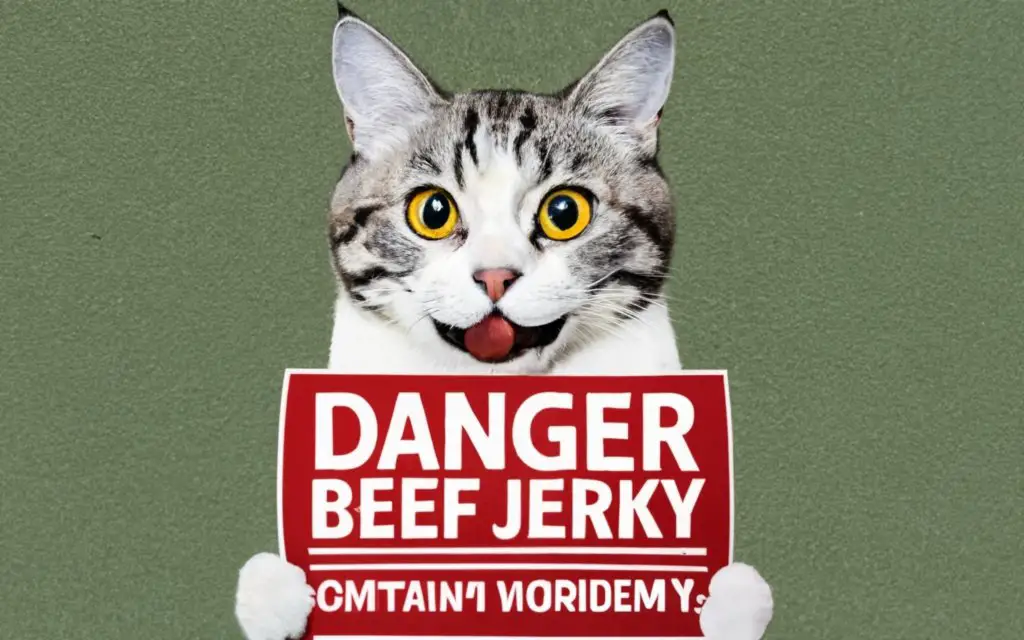


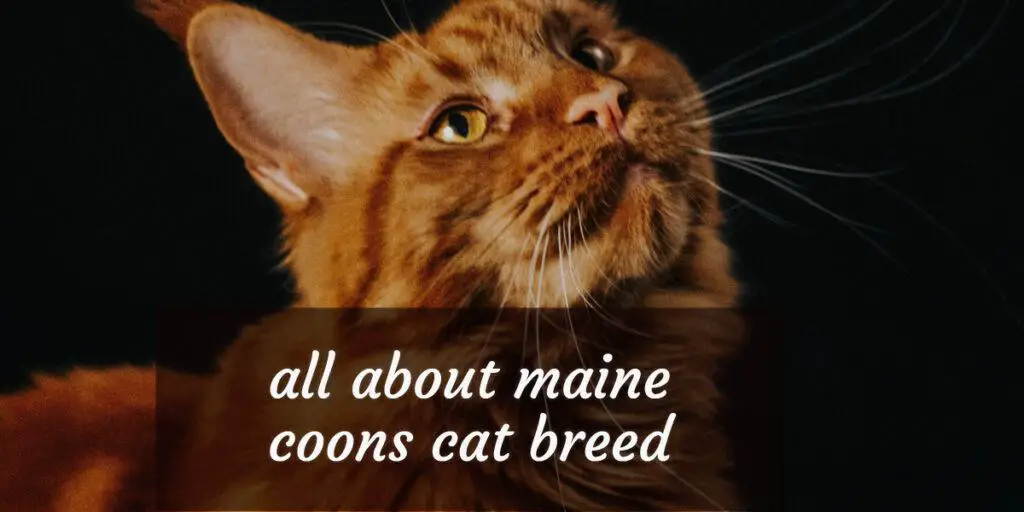
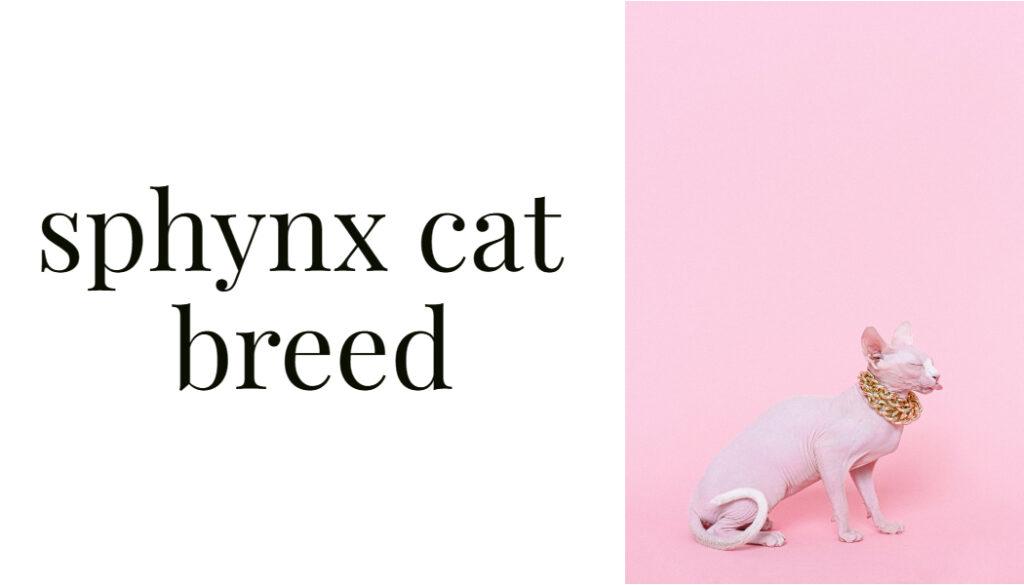
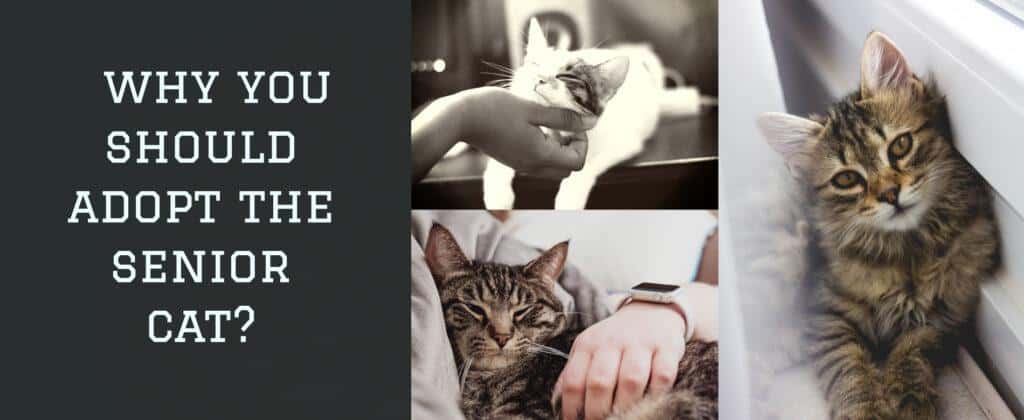
На этом сайте предлагает поиска занятости на территории Украины.
Вы можете найти свежие вакансии от проверенных работодателей.
Мы публикуем варианты занятости в разнообразных нишах.
Подработка — решаете сами.
Робота з ризиком
Интерфейс сайта легко осваивается и адаптирован на новичков и специалистов.
Оставить отклик очень простое.
Хотите сменить сферу? — сайт к вашим услугам.
Your comment is awaiting moderation.